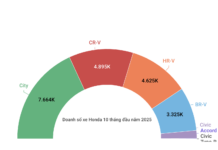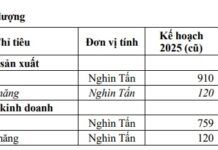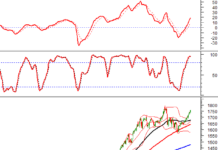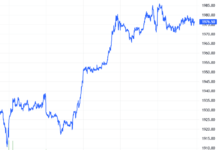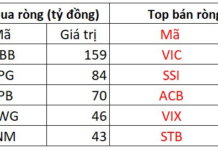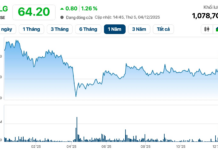On April 17, President Joe Biden called for increased tariffs on imports of aluminum and steel from China during a visit to steelworkers in Pennsylvania. The proposed new tariffs would be 22.5%, a threefold increase from the current 7.5%.
According to the White House, the increased tariffs on Chinese aluminum and steel are intended to protect domestic manufacturing industries from what they claim are “unfair trade practices.”
Lael Brainard, an economic adviser to the White House, said that the President is focused on investing in and protecting American manufacturing and workers from unfair competition from China.
“China has excess capacity. This excess capacity poses a material risk to the future of our steel industry,” Brainard said.
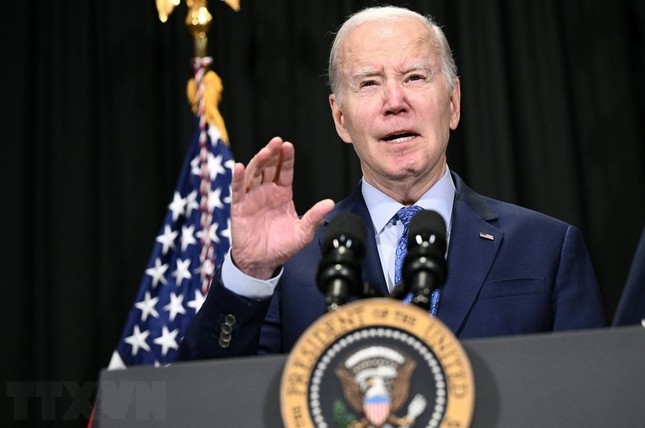
The United States has a number of policies in place to protect its domestic economy.
Domestic steel producers have backed President Biden’s announcement, but there is a risk of economic fallout. Increased tariffs mean higher prices for steel and aluminum, which will increase costs and hurt American consumers and contribute to inflation.
However, Jared Bernstein, the chair of the White House Council of Economic Advisers, has argued that the increased tariffs on Chinese metals are necessary and and will not affect inflation.
“Failure to act now risks losing a critical part of our economy,” Bernstein said.
Through February 2023, the United States imported $6.1 billion in steel over the previous 12 months, with 3% coming from China. The US currently receives roughly half as much steel from China as it does domestically.
According to the American Iron and Steel Institute, Chinese steel imports account for 2.1% of total U.S. steel imports, the seventh-largest import share. The White House alleges a pattern of dumping, with China accused of trying to harm domestic markets.
Prior to proposing the tripling of tariffs on Chinese aluminum and steel over current levels, the US worked with Mexico to prevent Chinese steel companies from routing their products through Mexico to avoid US tariffs.



